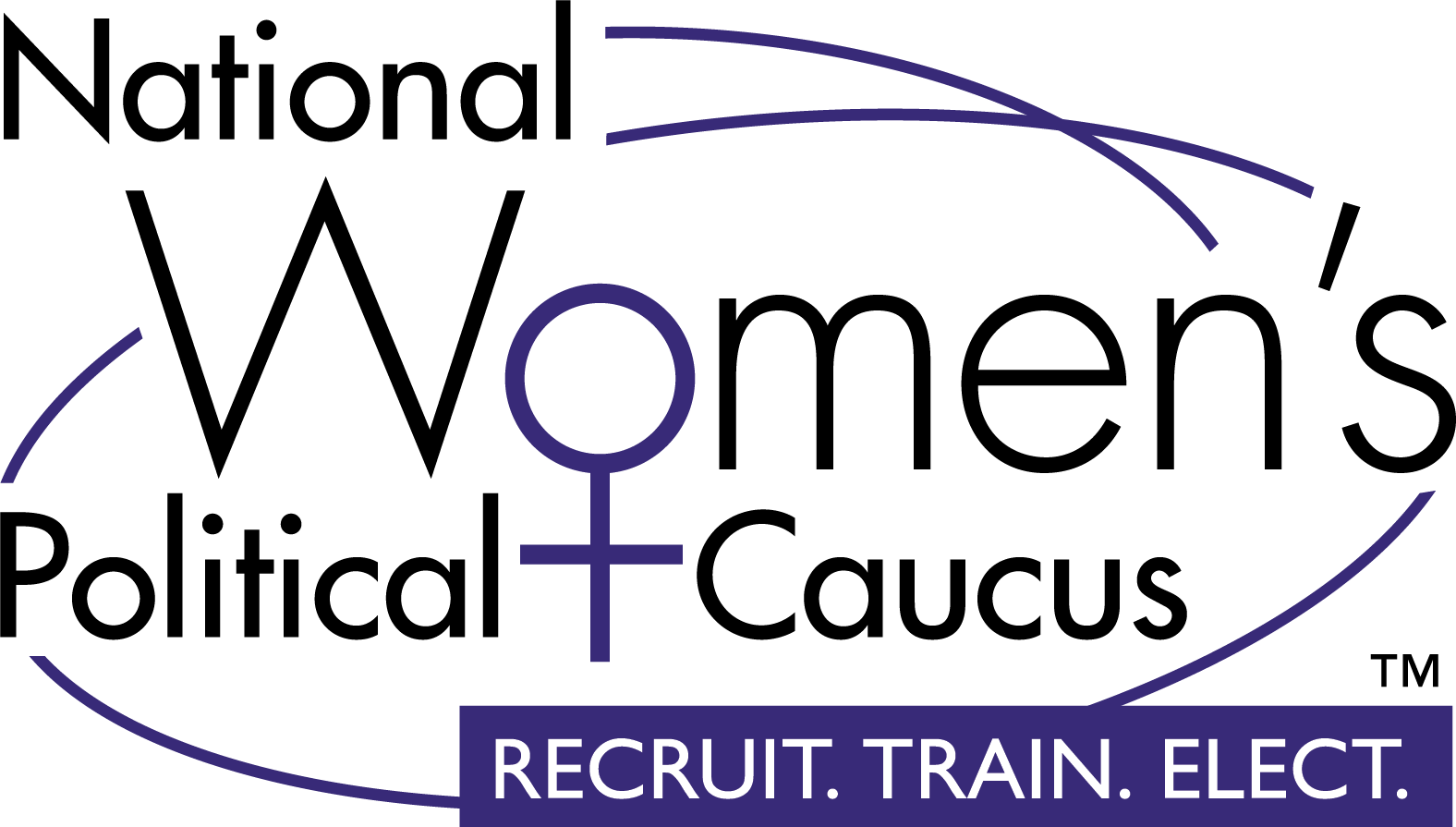By Rebecca Schenkman, NWPC Political Planning and Action Intern
The United States of America is missing a staple component to the constitution: a gender equality amendment. The 19th Amendment is the only equal footing men and women have in this country, an amendment that was passed in 1920 – over 100 years ago! While there have been major developments in the law to protect women’s rights, there is still a dire need for the Equal Rights Amendment.
Why does America need an Equal Rights Amendment if there are so many laws protecting women’s rights? The answer is simple: women are repeatedly undermined in the courts because of their lack of constitutional protection. More specifically, women will be more protected against sex discrimination of any kind whenEqual Rights Amendment is enshrined in the Constitution. Without a clear federal judicial standard for sex discrimination, women cannot be fully equal in this country. Traditional patriarchal values continue to dominate in Supreme Court decisions, which would change significantly if the Equal Rights Amendment is passed. Precedents in court have interpreted laws such as the Equal Pay Act, Title VII and Title IX of the Civil Rights Act and the Pregnancy Discrimination Act to debilitate women and triumph the defense. Not only this, but Congress has the power to overturn these laws at any time, so these rights are not guaranteed forever. However, with the Equal Rights Amendment, a more equitable society will form, and women will no longer have to fight for the protections they deserve.
Since the introduction of the Equal Rights Amendment by Alice Paul in 1923, Republicans, religious organizations, and other political entities have argued against its passage. The original arguments against the ERA were based on traditional assumptions of a woman’s role in society.. People feared that women would lose privileges like financial security from their husbands and protections against involuntary military service and combat duty. Today, many argue that the equal protection clause in the 14th amendment covers sex discrimination. However, late Justice Antonin Scalia claimed the 14th amendment does not protect against sex discrimination. Justice Scalia’s interpretation still holds true in court proceedings because racial discrimination is more protected with strict scrutiny, whereas sex discrimination is only protected by skeptical scrutiny. The arguments against the ERA had some standing in the 1920’s, however, the same arguments cannot be used today as they are based on the predisposition that society believes women are incapable of taking care of themselves.
The constitution has no clear protections against sex discrimination, leaving women unsafe and unequal under the law. From the wage gap, to underrepresentation in Congress and executive positions, women are continuously debilitated because of their gender. With the Equal Rights Amendment in the constitution, women’s rights will be prioritized. The benefits of the ERA for women are endless, but men will also benefit from the amendment. An example of this is interpretation of laws involving child support could become designed for the individual. The courts would discontinue traditional assumptions that men should be financially supporting the family, in certain circumstances.
The Equal Rights Amendment is not only wanted by women across the United States, but is needed to protect women in sexual assault cases, sexual discrimination cases, and cases that would hinder women’s rights. A clear definition of equal rights in the constitution would advance the position of women in society and enshrine important ideals into young men and women that everyone should be treated equally, regardless of gender.

Rebecca Schenkman is a senior at American University from Basking Ridge, New Jersey. She is currently majoring in Interdisciplinary Studies which includes Communications, Legal Institutions, Economics and Government. From serving as a freshmen fellow in Women’s Initiative, a branch of American University’s Student Government, and starting a club in high school called Feminists of Ridge, she has always been passionate about women’s rights. She is also interested in environmental justice as shown through her work with the New York Public Interest Research Group where she canvassed against pipeline expansion in the greater New York area. She currently volunteers with Meals on Wheels by packing meals for underprivileged elderly people. Rebecca loves listening to ‘The Daily’ podcast and empowering other women to be catalysts of change.

